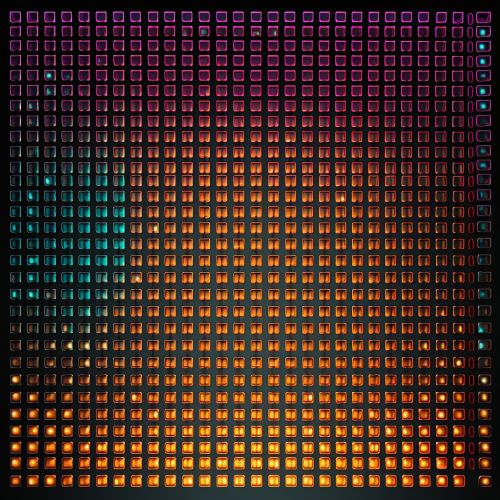Composite number
Definition
A composite number is a positive integer that has at least one positive divisor other than one or itself. In other words, a composite number is any positive integer greater than one that is not a prime number. It is worth noting that the number 1 is neither prime nor composite.
Properties
Composite numbers have several properties that distinguish them from prime numbers. These properties are often used in number theory and other branches of mathematics.
- Every composite number can be expressed as the product of two or more prime numbers. This is known as the fundamental theorem of arithmetic.
- The smallest composite number is 4. This is because 2 and 3 are both prime numbers, and 1 is neither prime nor composite.
- The set of composite numbers is closed under multiplication. This means that the product of any two composite numbers is also a composite number.
- The sum of two composite numbers is not necessarily a composite number. For example, the sum of 4 and 6 is 10, which is a composite number, but the sum of 4 and 9 is 13, which is a prime number.


Classification
Composite numbers can be classified into several types based on their properties.
- Even composite numbers: These are composite numbers that are divisible by 2. They are the most common type of composite numbers because every multiple of 2 greater than 2 is a composite number.
- Odd composite numbers: These are composite numbers that are not divisible by 2. The smallest odd composite number is 9.
- Square composite numbers: These are composite numbers that are the square of another integer. For example, 4, 9, and 16 are square composite numbers.
- Cubic composite numbers: These are composite numbers that are the cube of another integer. For example, 8 and 27 are cubic composite numbers.
Applications
Composite numbers have various applications in mathematics and computer science.
- In cryptography, the security of many public key algorithms is based on the difficulty of factoring large composite numbers.
- In number theory, composite numbers are often used to construct counterexamples to conjectures about prime numbers.
- In computer science, composite numbers are used in algorithms for generating pseudorandom numbers.
